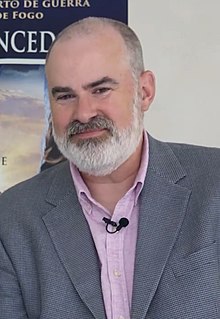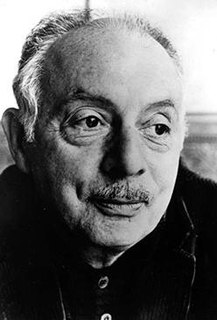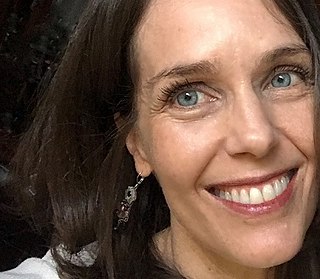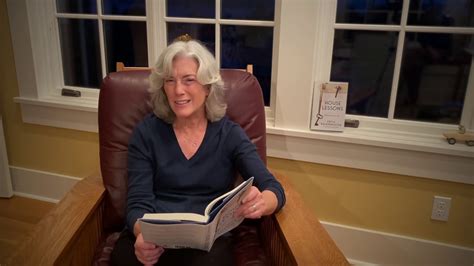A Quote by Glennon Doyle Melton
We all have this misunderstanding about heartbreak, which is we think we should avoid it. But what I think is that heartache is a clue toward the work we're supposed to be doing in the world. What breaks each person's heart is different - be it racial injustice, war, or animals. And when you figure out what it is that breaks yours, go toward it.
Related Quotes
Maybe I can pull at my breast in a kind of futile attempt to develop a woman's breast. It's not that simple to become a woman. But I think what was important, when I think back on that work, is something like The Little Engine That Could. It's me saying, I think I can, I think I can. Though I'm doing something I obviously can't, it's the process toward it that is important. The will toward it, the effort . . . My work was about getting to a place that you couldn't get to.
So, what I am learning to do is (to) learn each of their personalities - to study them, to learn how their natural bent is. Is it toward intellectualism. Is it toward athletics? Toward humor? Ministry? What makes each of them tick? And can I help them blossom in their areas of strength and win their hearts in doing so? So, that's one challenge in doing that.
I don't always know what's going to go on in terms of the mood of the story. Sometimes I start with the mood, but sometimes I just try to work toward discovering it. But I do think often there's a mood or unsettling quality, in which the reality of the world seems to be taken away, that I really love, and it's something that I almost always unconsciously move toward.
War is thus divine in itself, since it is a law of the world. War is divine through its consequences of a supernatural nature which are as much general as particular. War is divine in the mysterious glory that surrounds it and in the no less inexplicable attraction that draws us to it. War is divine by the manner in which it breaks out.
I'm not very eloquent about things like this, but I think that writing and photography go together. I don't mean that they are related arts, because they're not. But the person doing it, I think, learns from both things about accuracy of the eye, about observation, and about sympathy toward what is in front of you... It's about honesty, or truth telling, and a way to find it in yourself, how to need it and learn from it.
I do think American culture has shifted a little bit away from the contemplative more toward the visual, more toward the emotional, and more toward the expressive. I don't think there's a lot that can be done about that. We just have to understand that it's the product of technology and of the way people live now.



































